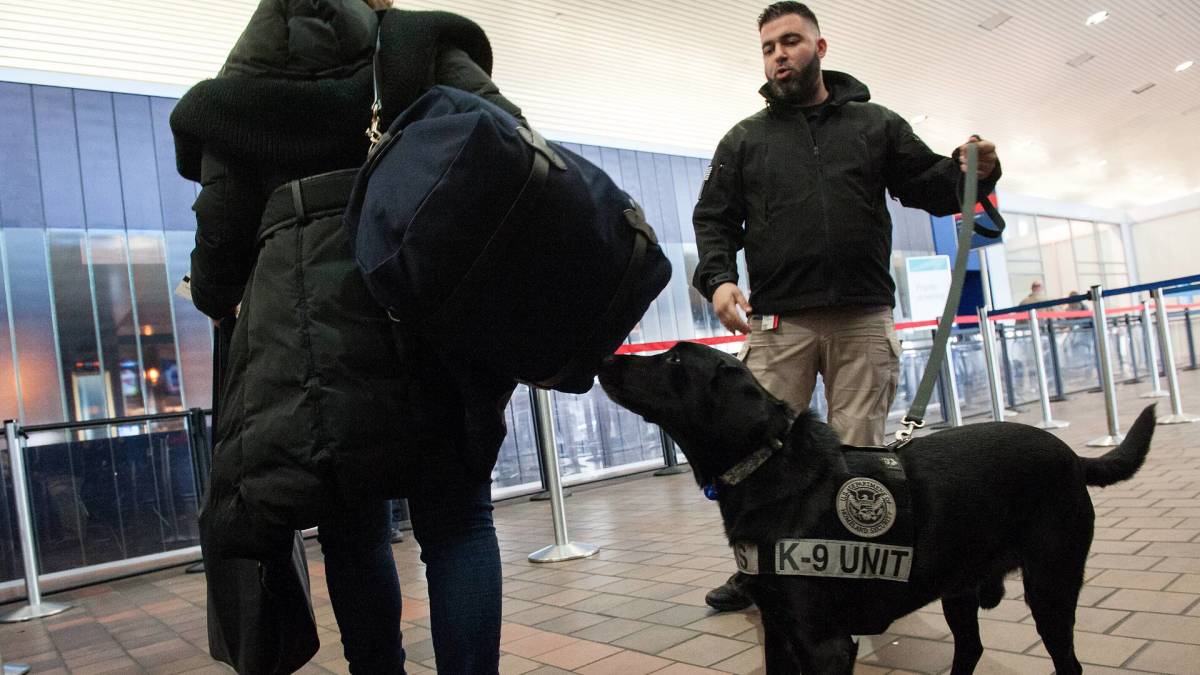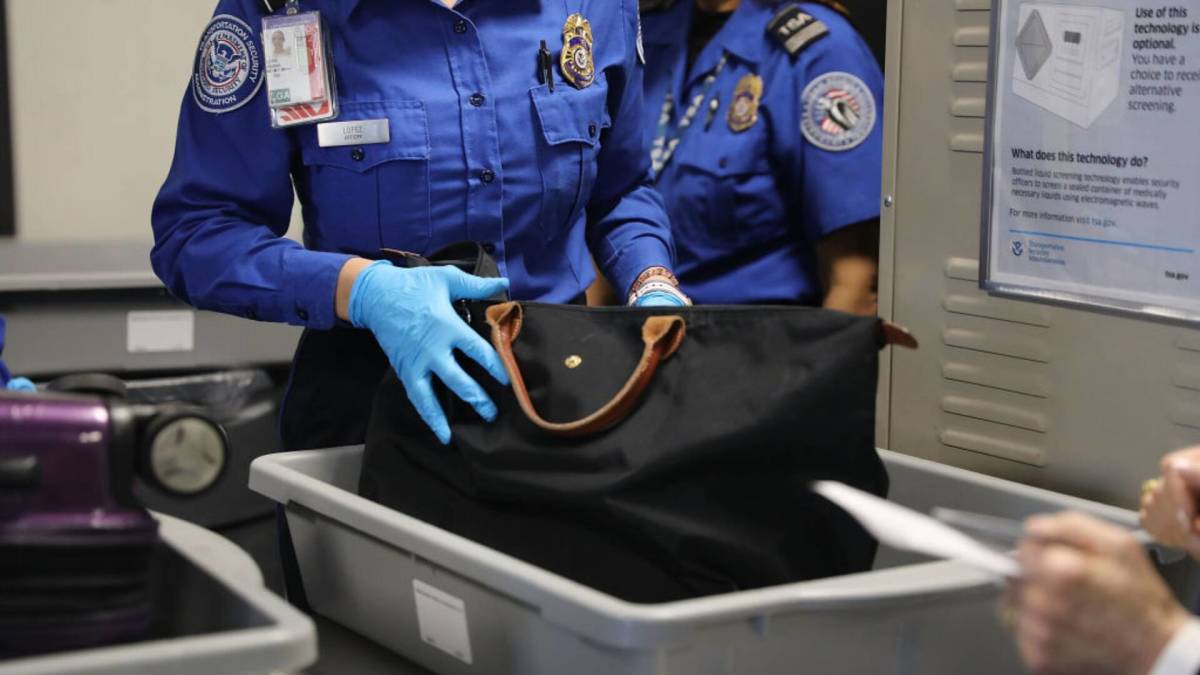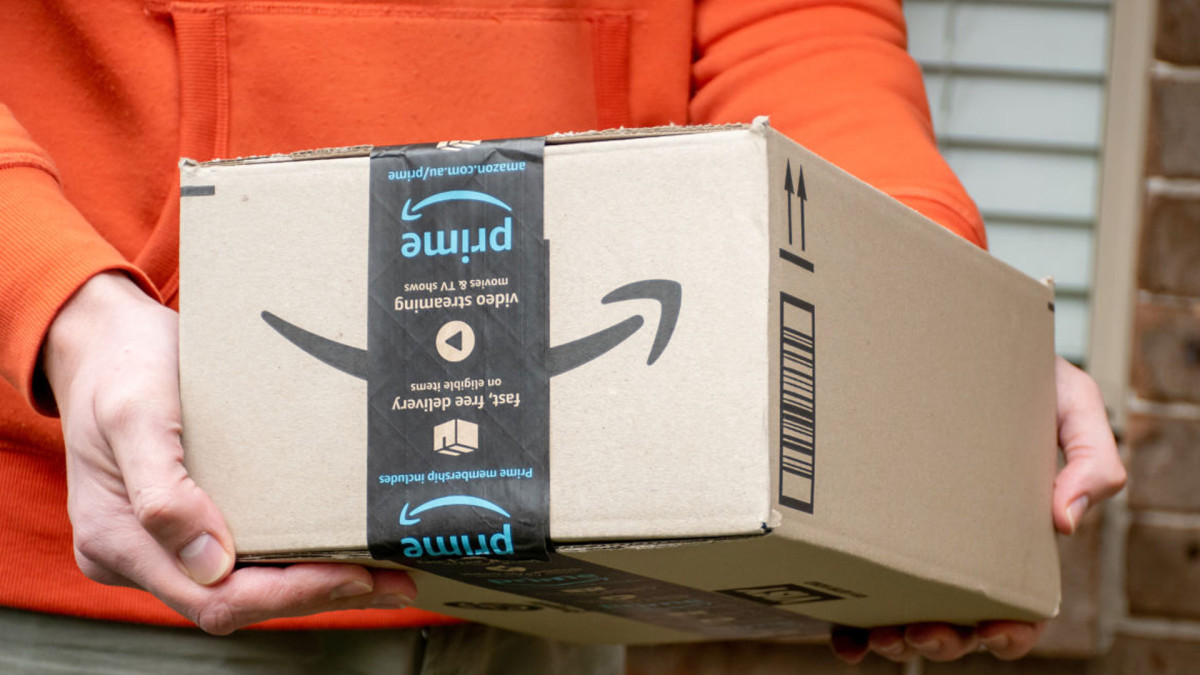TSA urgently cracks down on travel essential after multiple fires
This common item used to pass through TSA security checkpoints, but that is not the case anymore.

By this point, most travelers are familiar with the security theater at airport checkpoints: jackets off and water bottles emptied, and laptops and tablets out — unless you have TSA PreCheck.
At least these days we can keep our shoes on.
Still, navigating airport security sometimes feels like a frustrating game of whack-a-mole. Even seasoned travelers get tripped up by a rogue tube of sunscreen or forbidden matches, causing delays and confiscations.
Now, add a new headache to the mix: portable lithium-ion batteries and power banks, which until recently, were mostly ignored but are now drawing serious TSA scrutiny. Image source: Platt/Getty Images
TSA is cracking down — what you need to know
The FAA has just issued a new safety alert warning airlines about the increasing dangers lithium batteries pose on planes. It cited 50 serious incidents involving battery fires or smoke so far this year, including onboard passenger injuries and flight diversions.
This sharp uptick in fire risk is driving the FAA and TSA to crack down harder on these devices at security checkpoints and onboard aircraft.
Related: TSA issues stern warning after traveler's arrest
Portable chargers and power banks have long flown under the radar, packed without much fanfare. That's no longer the case.
FAA and TSA remind travelers of battery risks:
- Spare lithium-ion and lithium-metal batteries must only be in carry-on bags, never checked.
- Batteries over 100 watt-hours (Wh) require explicit airline approval; over 160 Wh are prohibited.
- Power banks and battery-powered devices must be clearly labeled with their Wh rating — unlabeled or suspiciously large units risk seizure.
- Carrying multiple battery-powered items (e.g., heated jackets, USB lighters, charging cases) invites extra screening and possible confiscation.
According to a statement from the TSA:
"Flight crews are trained to recognize and respond to lithium battery fires in the cabin. Passengers should notify flight crew immediately if their lithium battery or device is overheating, expanding, smoking or burning."
But obviously, the last thing any passenger wants to see is smoke billowing from the overhead bins or from underneath their neighbor's seat.
More on travel:
- U.S. government issues serious warning for cruise passengers
- Delta Air Lines makes a baggage change that travelers will like
- United Airlines passenger incident triggers quick response
Bottom line: If your $200 Anker pack lacks proper labeling or crosses size limits, don’t expect to have it once you're on the other side of security.
Know this before you fly, or you might lose your valuable tech and face frustrating delays.
TSA checked bag restrictions are changing, too
Lithium batteries are also strictly banned in checked bags, also for fire safety.
That rule extends to gate-checked carry-ons, too: all spare batteries and power banks must be removed and kept with you inside the cabin, with their terminals protected from shorting.
Related: Why your TSA experience at the airport is about to get worse
The TSA and FAA appear to be making frequent updates on what is and isn't allowed in both carry-on and checked bags.
For example, earlier this summer the FAA banned butane-fueled cordless hair tools from checked luggage.
Some may not know TSA still bans these items
Beyond batteries, the TSA continues enforcing other forgotten rules:
- Electronic smoking devices, e-cigarettes, and vape pens cannot go in checked luggage.
- One lighter per passenger is allowed; torch and jet lighters are forbidden.
- Flammable liquids and materials remain forbidden.
The FAA’s Pack Safe tool is the best resource for double-checking what’s allowed and what's banned. Taking the time to prepare could save your trip from delay — and your gadgets from confiscation.
(The Arena Group will earn a commission if you book a trip.)
Make a free appointment with TheStreet’s Travel Agent Partner, Postcard Travel, or email Amy Post at [email protected] or call or text her at 386-383-2472.
Related: TSA has banned a bunch of new items that it's watching for
What's Your Reaction?




















































